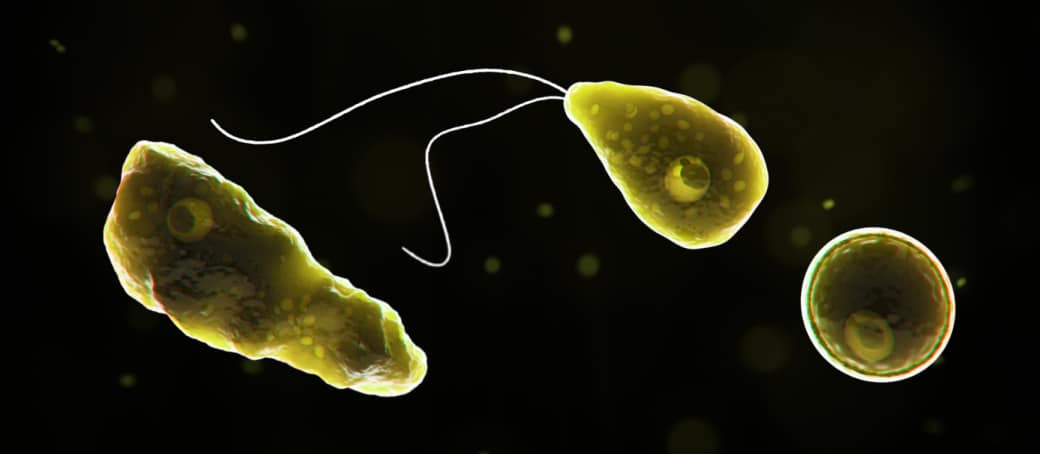A 4-year-old has been hospitalized after contracting amebic meningitis, a potentially deadly infection caused by the Naegleria fowleri amoeba, in the second such case reported in Costa Rica this year.
The Health Ministry suspects the young girl contracted the rare infection after visiting hot springs in Alajuela province. She is responding well to treatments, according to authorities.
[Update (Monday, Feb. 17): The Health Ministry says the 4-year-old girl is “out of danger” after receiving prompt treatment.]
In response to the incident, the Health Ministry is banning slides or trampolines that discharge into natural hot springs. It is also requiring businesses to post warning labels about the dangers of the Naegleria fowleri microscopic amoeba and advising patrons to maintain their heads above water.
In the first case of amebic meningitis in Costa Rica this year, reported last month, a 15-year-old died after contracting the infection at a Bagaces hot spring.
An analysis from the University of Costa Rica (UCR) confirmed the presence of the Naegleria fowleri microscopic amoeba, which causes primary amebic meningoencephalitis (PAM), in the hot springs of Bagaces, Guanacaste.
Naegleria fowleri is “commonly found in warm freshwater (e.g. lakes, rivers, and hot springs) and soil,” according to the U.S. Centers for Disease Control (CDC), and “usually infects people when contaminated water enters the body through the nose.”
“Once the ameba enters the nose, it travels to the brain where it causes primary amebic meningoencephalitis (PAM), which is usually fatal,” the CDC says.
The infection is exceedingly rare. In the United States, “hundreds of millions of visits to swimming venues occur each year … result in 0-8 infections per year,” according to the CDC.
The 4-year-old girl marks the third case ever recorded in Costa Rica, according to the Health Ministry. The first instance, in 2014, resulted in the death of an 11-year-old U.S. citizen.
You cannot get infected from swallowing water containing Naegleria, nor by person-to-person contact. The CDC says the risk of infection is “very low” even when swimming in water containing Naegleria fowleri.
“No method currently exists that accurately and reproducibly measures the numbers of amebae in the water,” the CDC says. “This makes it unclear how a standard might be set to protect human health and how public health officials would measure and enforce such a standard.”
The Health Ministry says the public can continue to visit hot springs but recommends the following:
- Do not submerge your head underwater.
- If you do, cover your nose to prevent the entry of water.






